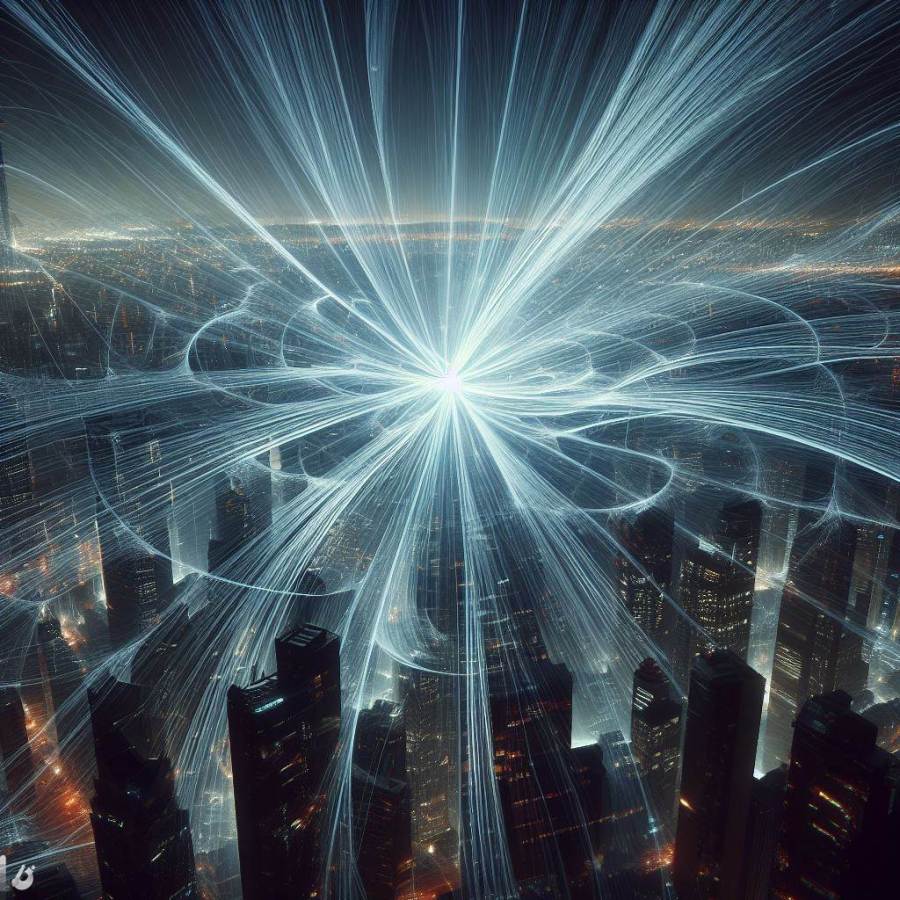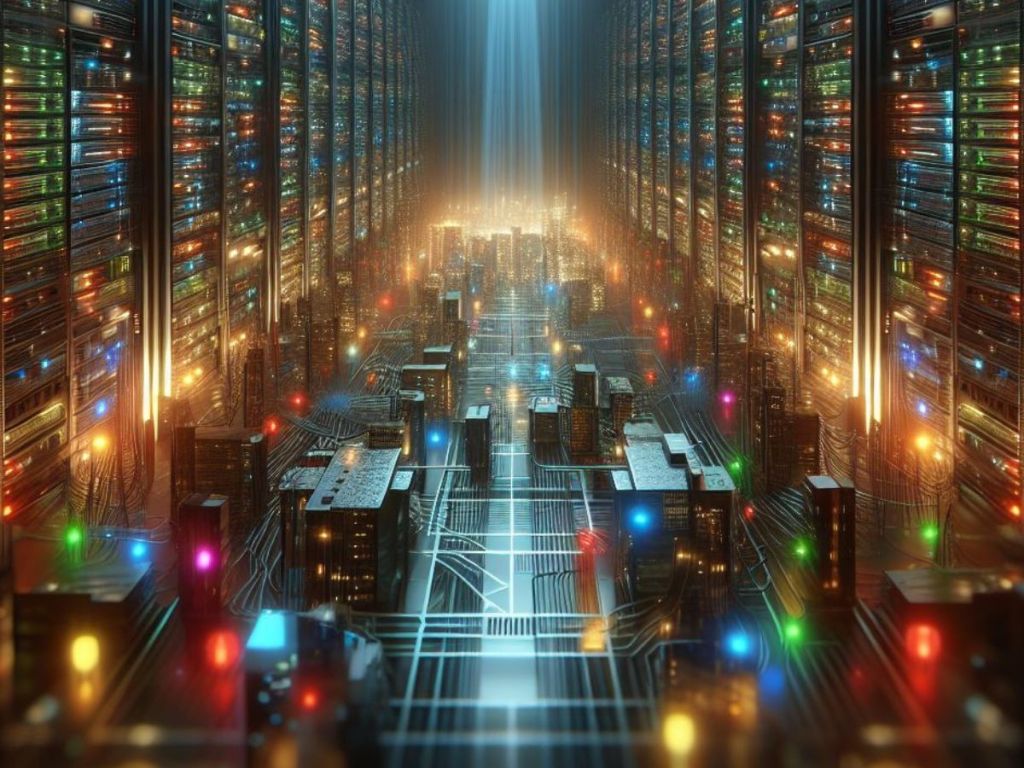The internet is a vast and complex network of information, but not all of it is easily accessible or visible to the public. There are two hidden parts, one is known as the deep web, and the other is known as the dark web. So what is the difference between the deep web and the dark web?
The deep web
Most of the internet is hidden from the conventional search engines, such as Google or Bing, that we use every day. This hidden section of the internet is called the deep web.
The deep web is not a single place, but rather a collection of websites, databases, and services that are not indexed by the search engines. This means that you cannot find them by simply typing a keyword or a phrase in the search box. Instead, you need to have the specific URL, password, or encryption key to access them.
Some examples:
-Personal information, such as email, social media, online banking, and medical records, that are protected by passwords or encryption.
-Academic and scientific databases, such as PubMed, JSTOR, and Sci-Hub, that contain scholarly articles and research papers that are not freely available to the public.
-Government and legal documents, such as court records, tax filings, and census data, that are not open to the public or require special authorisation to access.
-Corporate and business data, such as trade secrets, financial reports, and customer records, that are confidential.
-Subscription-based services, such as Netflix, Spotify, and Hulu, that require a paid membership or a login to access their content.
The deep web is not inherently illegal or malicious, as it contains many useful and legitimate resources that are not meant for public viewing. In fact, most of us use the deep web every day, without even realising it, whenever we check our email, log into our social media accounts, or watch our favourite shows online.
However, there is a darker and more sinister part of the deep web that is often associated with illegal and harmful activities. This part is known as the dark web.

The dark web
The dark web is a subset of the deep web which uses special software and protocols to hide its identity and location from the rest of the internet. The most-used software in dark web access is Tor, which is an acronym for The Onion Router.
Tor is a network of servers, or nodes, that route traffic through multiple layers of encryption, making it extremely difficult to trace or monitor.
Some examples
-Black markets, such as Silk Road, AlphaBay, and Dream Market, that sell illegal goods and services, such as drugs, weapons, counterfeit money, and stolen credit cards.
-Hacking and cybercrime forums, such as HackBB, The Hidden Wiki, and The Pirate Bay, that offer hacking tools, malware, stolen data, and pirated software.
-Terrorist and extremist groups, such as ISIS, and Al-Qaeda, use the dark web to recruit, communicate, and spread propaganda.
-Child pornography and human trafficking networks that exploit and abuse children and vulnerable people.
-Assassination and murder-for-hire services, such as Besa Mafia, Hitman Network, and Crime Bay, that offer to kill or harm anyone for a price.
Unseeable
The dark web is not only illegal, but also very risky and dangerous, as it is full of scams, malware, and hackers who may try to steal your data, identity or money. It is also a place where violence, abuse and horror are rampant, and where you may encounter disturbing and gruesome content that you cannot unsee.
The deep web and the dark web are both hidden parts of the internet, but they have different purposes, sizes, accessibility, security, and legality.
While the deep web is benign and beneficial, the dark web is mostly malicious and dangerous.
The deep web is much larger than the dark web, and can be accessed with any web browser, as long as you have the right credentials or links.
The dark web requires special software, such as Tor, to access the encrypted sites that are hosted on anonymous servers.
The deep web is relatively safe and secure, as long as you follow the usual precautions of online security. The dark web is more risky and dangerous.
The deep web is not illegal to access, as it contains many useful and legal resources. The dark web, however, may contain illegal or harmful content that could get you in trouble with the law or expose you to violence or abuse.





